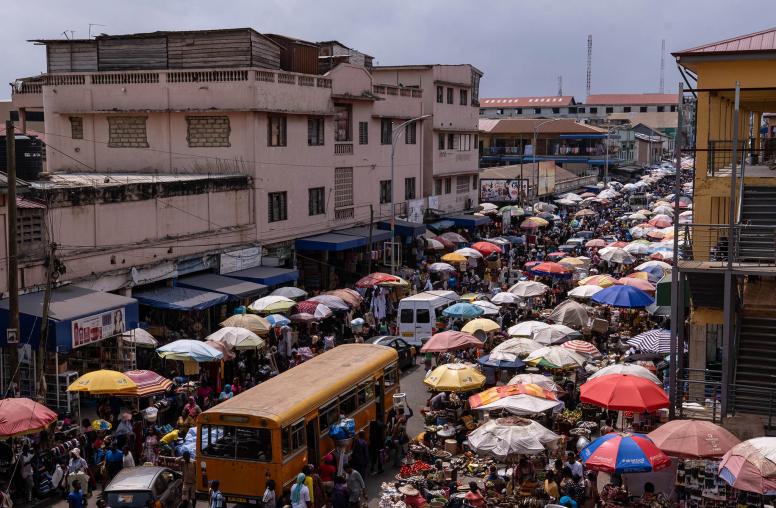Elections and Conflict Management in Africa
THE USIP BOOKSTORE IS TEMPORARILY UNAVAILABLE
Elections have emerged as one of the most important, and most contentious, features of political life on the African continent. In the first half of this decade, there were more than 20 national elections, serving largely as capstones of peace processes or transitions to democracies. The outcomes of these and more recent elections have been remarkably varied, and the relationship between elections and conflict management is widely debated throughout Africa and among international observers.
Elections can either help reduce tensions by reconstituting legitimate government, or they can exacerbate them by further polarizing highly conflictual societies. This timely volume examines the relationship between elections, especially electoral systems, and conflict management in Africa, while also serving as an important reference for other regions. The book brings together for the first time the latest thinking on the many different roles elections can play in democratization and conflict management.
About the Editors



